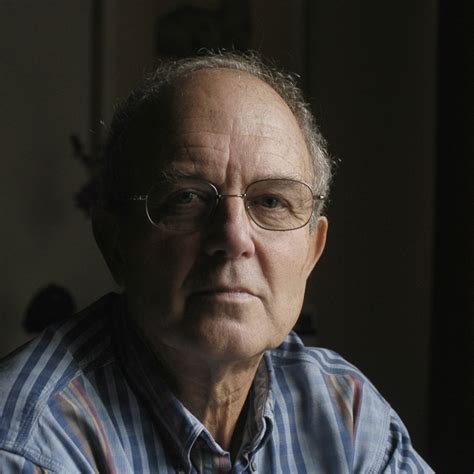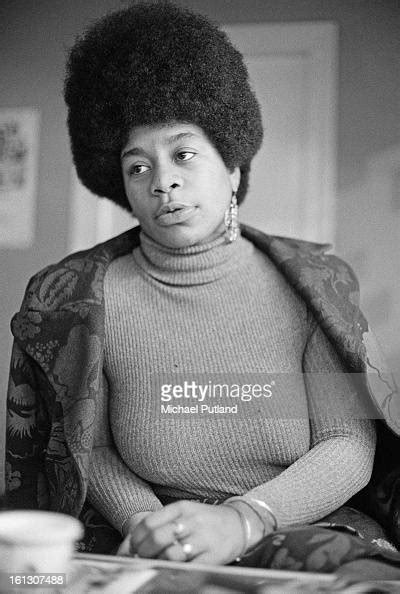A Quote by John Fuller
Hmmm. I think a lot of people can write poems that are howls of anguish. I think I've probably written such things and then torn them up.
Related Quotes
If you can find two poems in a book, it could be a pretty good book for you. You know, two poems you really like. There are some poets who are fairly big names in contemporary poetry and who write a book and I might like three or four poems in the book, but the rest of them don't appeal to me personally; but I think that's the way it really ought to be. I think it's really a rare thing to like everything that somebody has written.
When I worked on a magazine, I learned that there are many, many writers writing that can't write at all; and they keep on writing all the cliches and bromides and 1890 plots, and poems about Spring and poems about Love, and poems they think are modern because they are done in slang or staccato style, or written with all the 'i's' small.
We don't have a whole lot of people living hand-to-mouth in the Writers Guild, we get paid really well, and a lot of the things we fought for, in my case, I can negotiate. I can negotiate higher DVD rates or anything I want, it's not going to be a minimum basic agreement. But I do think it was important to stand up to them. I do think that we got things in the deal that we wouldn't have gotten had we not stood up to them.
I have a notebook that I take with me everywhere. I free-write in it when there are situations that I know I can write a song about. I will just start writing everything that I can think of while trying to write some things that are kind of poetic or sound like they could be in a song. Then, after the music is written, I go back and look at my subjects to see which one I think woud go with what music. Then, I formulate it into a melody and get the song.
I don't write as much now as I used to, but I write. The lines still come, maybe periodically, and I'll go through these little bursts of time where I write a lot of things then a long period of time where maybe I don't write anything. Or these lines will come into my head and I'll write 'em down in a little book, just little sets of lines, but I won't try to make stories or poems out of them. I'm doing a lot of that now, just the lines.
Write a lot. And I mean a ridiculous amount. You have to write so much that you don't mind throwing away and changing things that you've written - which is the second thing you have to do. A lot of young writers are very precious about their words. Don't be - you've got to be ready to burn stuff. You're not as good as you think you are, at least not yet. The more you write, the faster you'll write, and the less you'll mind throwing stuff out.
Any negative review you write, they'll say, "Oh, you're being so mean." I think the problem with a lot of criticism is that too many critics either write just description or they write in a Mandarin jargon that only a handful of people can understand, or they write happy criticis - everything is good that they write about. I think that's really not good. I think it's damaged a lot of our critical voices.







































